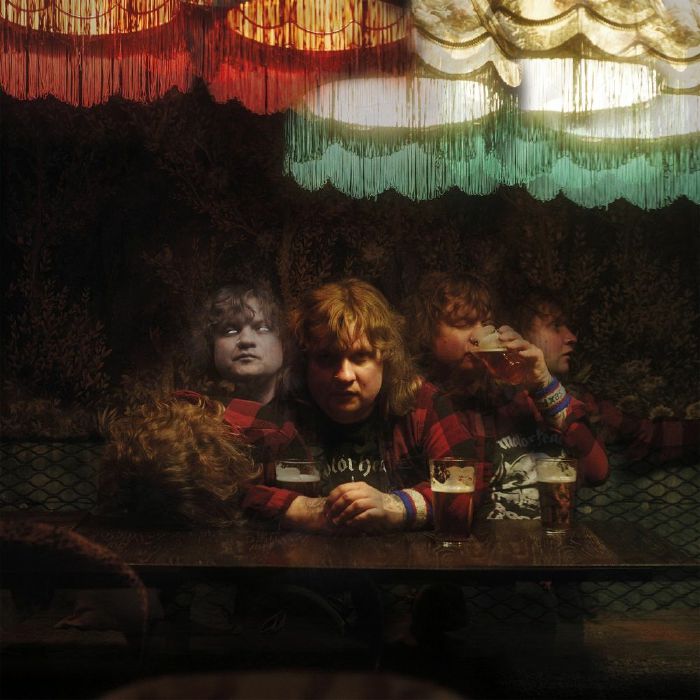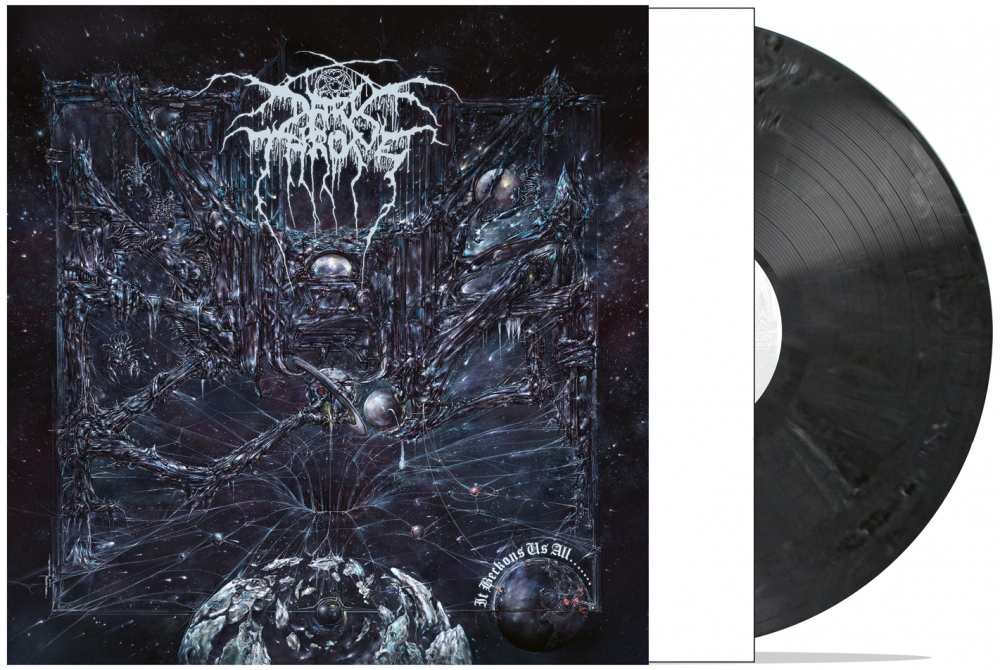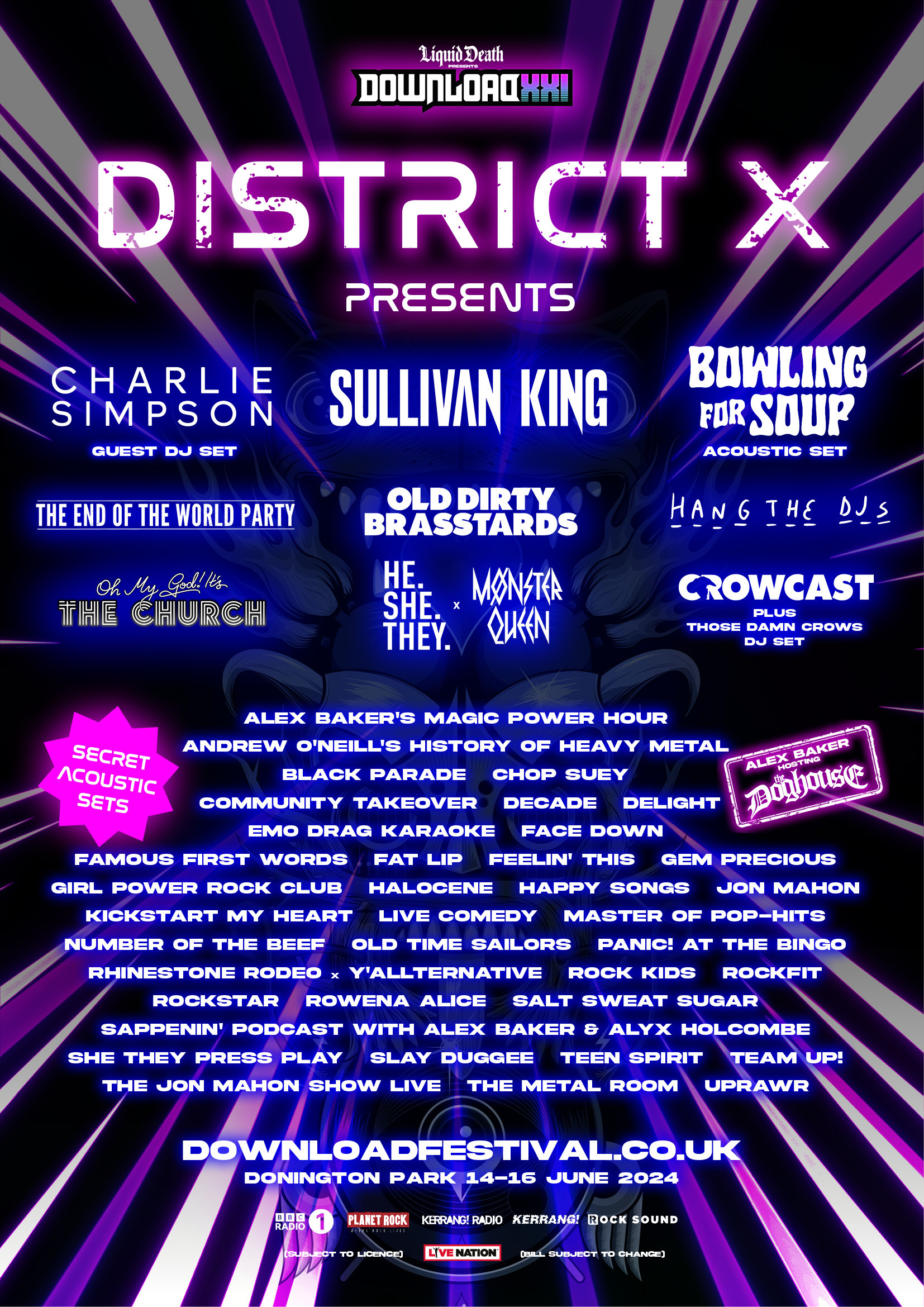There can be few bands who have succesfully generated such a buzz while remaining resolutely underground but The Resonance Association have achieved such a feat with anticipation reaching a peak with regards their new album ‘Clarity in darkness’.
Following a slew of well received albums (including the excellent ‘failure of the grand design’, ‘we still have the stars’ both of which caused a stir in the hallowed pages of Classic Rock magazine amongst others) the band look set to reach a wider audience with their instrumental collages which veer from ambient soundscapes to full-on metal and everything in between.
We were lucky enough to get a chance to ask The Resonance Association a few questions covering their genesis up to the new album (which will be reviewed soon) and found them to be both amusing and interesting:
Can you tell us where and how you formed?
DV: I heard some early recordings by Dominic’s The 3rd Fire project on a music forum we were both members of. Hearing that he lived a few minutes down the road I thought it a good idea to meet up and see if there was something we could work on together.
DH: The musical equivalent of internet dating!
What music do you feel influences you a) musically and b) as a person (not necessarily represented in your music)?
DH: I think this year it has mostly been Krautrock bands such as Neu!, Can and Faust.
DV: We’re quite diverse in our musical taste: we only had one or two favourite bands in common when we met and we’ve tried to introduce other bands and sounds to each other over the years. I think that has represented itself in the music we make. As Dominic says, we’ve listened to a lot of Krautrock and early electronica these past few months. It’s a bit of a cliché but I try to get inspiration in non-musical media: films, photography, art in a more general sense. Many songs start life as an imaginary soundtrack to a picture, painting or a scene from a film.
DH: I keep trying to introduce more metal!
DV: I noticed.
DV: Away from the actual writing and recording, we’ve made friends over the years with other musicians who have been lucky to have achieved much greater success than us. Listening to their experiences has stood us in good stead on a practical level, with the work we’ve done on this album especially.
Your music is very diverse, how do you represent it live?
DV: We’ve worked hard on the arrangements of our songs, especially on the last tour, paring down the equipment we take and choosing songs which sound best slightly stripped down. We use a piece of kit which allows us to trigger drum loops and some keyboard parts as required; this allows us to replicate more of our studio sounds when we play live.
DH: Many of the tracks aren’t exact replicas of the album versions, and instead use the key refrains from each and remould them in a live setting. When we’re recording, we don’t think about live arrangements, so when it comes to putting a live set together we’re almost starting from scratch. We play very little from We Still Have The Stars live, but there is more from Clarity In Darkness that should come across better on stage.
What are the advantages / disadvantages of producing instrumental music?
DH: Well, there’s no large frontman egos floating around.
DV: … we do get to play lots of guitar solos!
DH: Trying to keep things interesting musically can be a challenge. There’s also a certain amount of prejudice against instrumental music as it’s not seen as popular.
Could you describe your sound for readers who, perhaps, have not heard your music before?
DV: Urm…
DH: Noise?
DV: A lot of different types of music put together in a unique way – experimental progressive electronic rock.
DH: That’s better than calling ourselves techno prog goth…
DV: Yeah, sorry about that, that was my fault.
You’ve been touring recently, how successful has the tour been and in what ways?
DV: We’ve learnt to play the songs a lot better!
DH: It’s the first time we’ve done a run of shows in such a short space of time, so we learnt a lot about putting sets together, and how chopping and changing each night may not be such a good idea.
DV: By the time we did the show in Reading we had a good set, and knew which tracks never to play live again.
DH: I’m sure we’ll play some of those again?
DV: Yeah, maybe.
The new album, Clarity in Darkness, seems to have quite a bit of anticipation attached to it – what can we expect from this new release?
DV: It’s certainly the best, most complete album we’ve done. We spent more time on it, and divided it up so that I did all the mixing and Dom did the mastering, which I think has lead to a more cohesive sounding album.
DH: We’ve learnt a lot from the last two albums about the recording process as a whole, and hopefully avoided a lot of the pitfalls and mistakes we made previously. The sound is a lot bigger, there’s more depth to it this time around.
DV: People are getting quiet excited about it because they can hear the progression we’ve made over the last few years. Releasing Dangerous Fantasist on the last single, The Moment Has Passed, was a help too, it gave people an idea of the steps forward we’ve taken.
How do you record your music – do you work in conventional studios or work from home?
DV: Over the past few years we’ve built up our own home studio based around our recording needs. Our earliest recordings were quite primitive, but with each new release we’ve incorporated new toys into our set-up. I don’t think it would be worth it for us to hire a studio.
DH: … we still spend hours each time trying to find the right cables and connectors… we wouldn’t have the problem in a studio!
DV: Fair point! I moved over to using an Ableton Live based set-up for this album which has allowed me to spend longer on the mixing and tweaking: we use a laptop and an external audio interface for recording now, so I can get up first thing in the morning and do a spot of mixing before breakfast!
DH: Was that a product endorsement? We still use the old studio PC for the live recordings that often form the basis of tracks.
DV: Yes, that’s still the only live multi-track we use. Dronezero and Medal Of Dishonour were recorded that way, also Passive Waves which is a new track which pretty much wrote itself as we rehearsed for the tour.
Would you ever consider forming a full-on touring band?
DH: I can’t stand drummers – too much equipment and they take too long to set up and soundcheck.
DV: Remember that awful prog band at the Cartoon…? Seriously though, I can’t see it working with the way we write and record.
With thanks to The Resonance Association
Photo credit: Carl Glover http://www.alephstudio.co.uk/












Leave a Reply